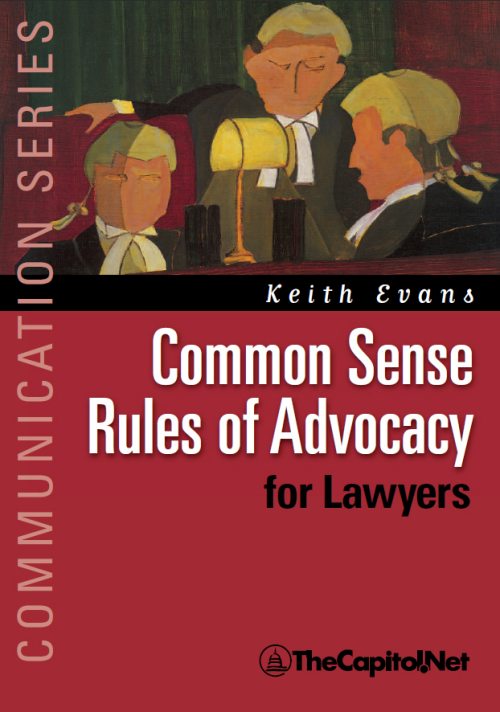As an advocate in court, you want to be careful about putting words in the mouth of your witness, also known as asking leading questions. While it can be difficult to steer away from asking leading questions, think of this rule as “do not put words into the mouths of your witness.”

What exactly is a leading question? A leading question is any question that contains its own answer. Leading questions can be asked with a simple yes or no answer. For example, you might ask a witness “You are now 25 years old?” The witness can answer “Yes.” All the witness needs to do is agree. If you change the question to eliminate the inclusion of the answer, it then becomes much safer. For instance, you would ask, “How old are you?” The witness then states their current age.
Simply because a witness can answer a question with a nod or shake of their head, that does not necessarily mean it is a leading question. The reverse is always true, however. Leading questions can always be answered with a yes, no, nod or shake of the head or even a grunt.
 The danger of leading questions is that testimony comes from the advocate and not the witness. The advocate should never provide evidence or testimony — that is the job of the witness. There are also two other reasons why leading questions are dangerous.
The danger of leading questions is that testimony comes from the advocate and not the witness. The advocate should never provide evidence or testimony — that is the job of the witness. There are also two other reasons why leading questions are dangerous.
First, when evidence comes from an advocate, it is difficult for the factfinder to assess the credibility of the witness. In addition, if the advocate provides testimony by placing words into the mouth of the witness, the value of that testimony can be spoiled. The effect of the witness’s testimony is diluted.
Reference: Common Sense Rules of Advocacy for Lawyers, by Keith Evans, Chapter 3 The Mandatory Rules of Advocacy, Rule 18: Never Put Words in the Mouths of Your Own Witness.
For more than 40 years, TheCapitol.Net and its predecessor, Congressional Quarterly Executive Conferences, have been teaching professionals from government, military, business, and NGOs about the dynamics and operations of the legislative and executive branches and how to work with them.
Our custom on-site and online training, publications, and audio courses include congressional operations, legislative and budget process, communication and advocacy, media and public relations, testifying before Congress, research skills, legislative drafting, critical thinking and writing, and more.
TheCapitol.Net is on the GSA Schedule, MAS, for custom on-site and online training. GSA Contract GS02F0192X
TheCapitol.Net is now owned by the Sunwater Institute.
Teaching how Washington and Congress work ™

